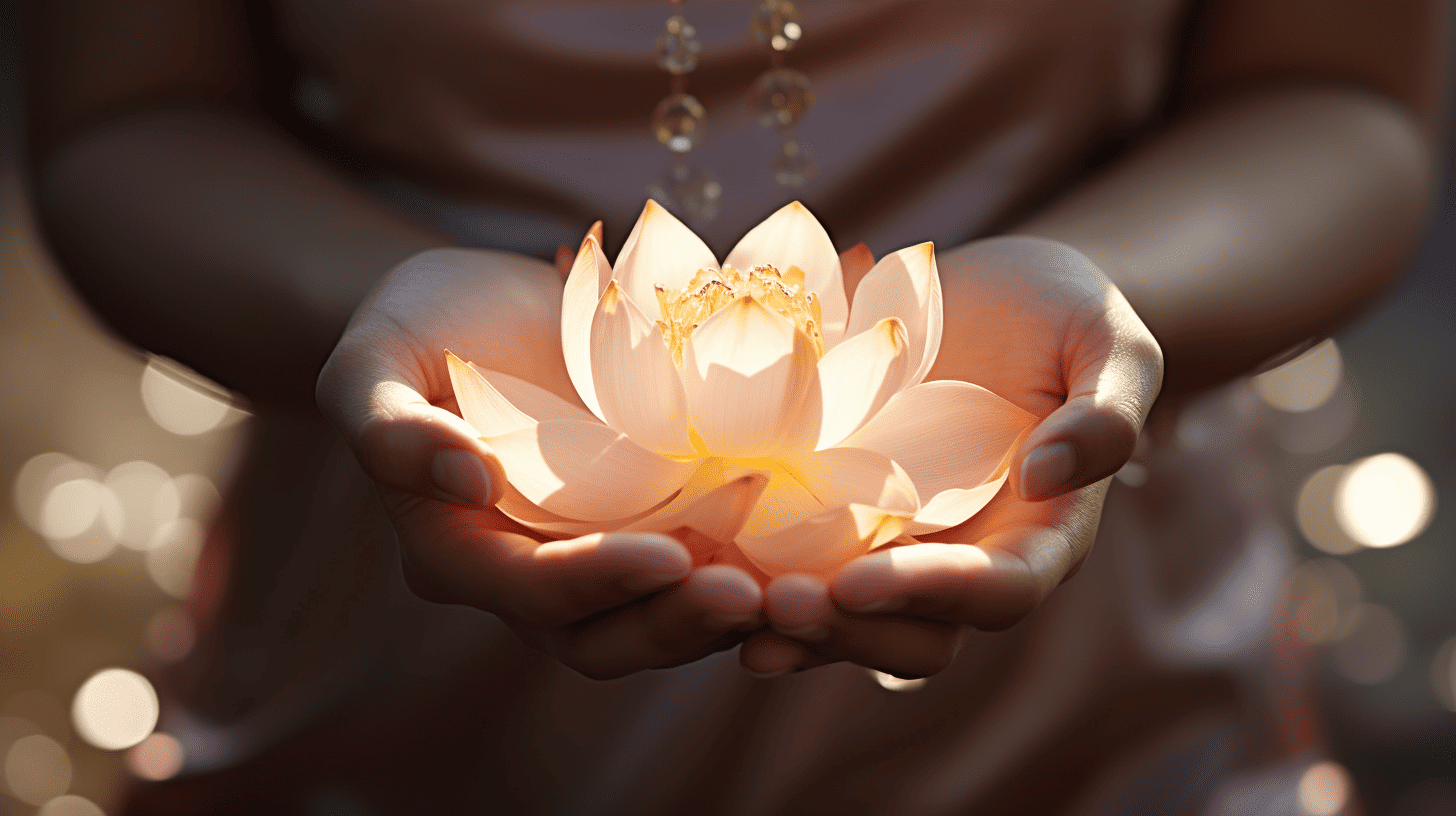Awareness Fundamentals Explained
Awareness Fundamentals Explained
Blog Article
An Unbiased View of Awareness
Table of ContentsThe 10-Second Trick For AwarenessIndicators on Diversity You Should KnowMysticism Things To Know Before You Get ThisSee This Report on MysticismHow Enlightenment can Save You Time, Stress, and Money.

That's the only way you'll keep appearing day after day. Research study reveals that combining a 30-second action with a "routine anchor" can make new regimens more likely to stick. The 30-second action can be anything that may prompt you to start your new day-to-day meditation regimen (For example: "I will count 15 inhales and exhale breath cycles for 30 seconds before I begin practicing meditation").
Choose a meditation posture that feels great for your body. This could be sitting in a chair or on a couch with feet flat on the flooring, kneeling, legs crossed on a company cushion or yoga mat, resting on your back, or even standing or strolling. If you're sitting, try to keep your back straight, your hands resting on your lap or knees, your eyes gazing gently into the middle distance or at an area on the flooring in front of you.
The Definitive Guide for Awareness
Feel complimentary to select whatever position feels best for you (and, know that this position could change depending on the day). Comfy clothing are perfect, and you can even drape a blanket over yourself if you tend to feel cold while sitting still if that feels more pleasant (Personal Growth). A guide or a assisted meditation app like the Headspace app can be a helpful, accessible tool for constructing an everyday meditation practice.
The benefits of meditation in the early morning have less to do with meditation itself and more to do with setting the phase for the day ahead. Meditation is an umbrella term for a variety of psychological focus techniques that can help merge the body and mind. https://www.wattpad.com/user/spiritualsaz. It includes elements of concentration, relaxation, mindfulness, and psychological neutrality

Spiritual Insights Fundamentals Explained
"Traditional knowledge is that the early morning is a fun time to do it, and if you can make time in the early morning, that is fantastic. But if not whenever you can reserve for meditation is the correct time."Meditation's are not reliant on the time of day, but there are reasons practitioners frequently suggest meditation in the early morning.
"It helps in focusing the mind, handling stress, and improving general emotional well-being." Morning meditation might help you manage sensations of concern, anticipation, and anxiety on particularly difficult days. Mathews points out there's a meditation saying, often credited to Gandhi, that on the days he is truly hectic, he practices meditation for 2 hours in the morning rather of 1.
According to Caroline Schmidt, a licensed scientific social worker from St. Louis, Missouri, mornings have a peek at this website tend to have an inherent sense of peace before the stress of the day - Awareness. Your mind is naturally calm from rest, and the world around you is peaceful from collective rest."Mornings provide an opportunity to have time alone, while everyone else continues to sleep," she states.
Some Of Mindful Consciousness
One of the great things about meditation is that you don't have to set a substantial duration of time aside for it, particularly when you're simply beginning out. Schmidt includes that mornings are likewise a perfect time to explore meditation in an environment where you're currently unwinded and comfy your bed.
In some cases a couple of minutes of mediation may be all you need to achieve the right level of focus and clearness to meet an obstacle head-on."There really isn't a great or bad quantity of time to meditate," Mathews states.
Personal Growth Can Be Fun For Everyone
The practice you select should be one that appeals to your goals and your principles. If you aren't a spiritual person, for instance, spiritual-focused meditation might not be for you - Awareness. Examples of meditation formats to select from consist of: Schmidt states she chooses early morning meditations that are based upon appreciation or movement.
You can slowly incorporate meditation into your day in a manner that makes good sense and doesn't seem like a task (http://www.place123.net/place/spiritual-sync-santa-monica-usa). Rock and Mathews advise: beginning with a little time goal of 510 minutessetting aside time specifically to meditate, if possible, but staying flexibleexploring different locations of your home or nature for a meditation spottrying various meditation practices to find a good fitlearning more about your chosen meditation formatconnecting and sharing experiences with others who likewise meditateutilizing aids like meditation apps or calming music, Most importantly, Rock states to be kind and patient with yourself while you learn
The benefits of meditation in the early morning have to do with setting your day up for success. Morning is a naturally quiet time, and practicing meditation early can begin your day out on a positive, focused note. There's no incorrect time to meditate. Early morning might be a good time for meditation, but the "best" time of day for meditation is whenever you're probably to seize the opportunity.
Report this page